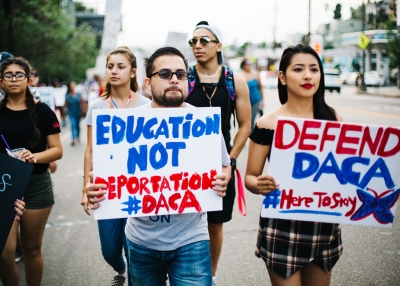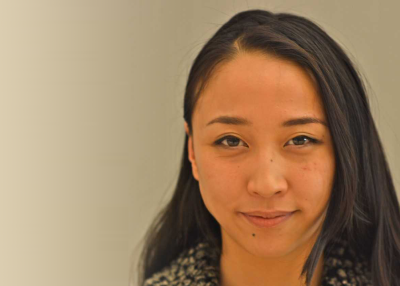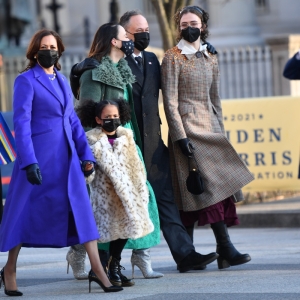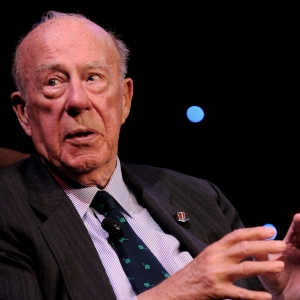How 9/11 Changed the Trajectory of Immigration Legislation in the United States
For Tereza Lee, growing up in Chicago as an undocumented immigrant was filled with a pervasive sense of fear and isolation. To combat this, Lee found solace in music, learning to excel at the piano — so much so that her teachers and mentors encouraged her to apply to college to continue her study of music. It was during this process when Lee’s school community found out about her undocumented status. Lee’s music teacher contacted Illinois Senator Dick Durbin to see if his office could help.
Resources
Learn More
The conversation ultimately became the inspiration for a bill, known as the Development, Relief, and Education for Alien Minors (DREAM) Act, that aimed to grant legal status to certain qualifying undocumented immigrants who were brought to the United States as children. First introduced to Senate on August 1, 2001, the bill was met with positive support, and it looked like it had the votes to pass at the scheduled hearing date of September 11, 2001.
Lee was in New York preparing for a flight to Washington, D.C. for the hearing when she saw the news of the terror attacks — and knew that nothing would be the same.
“The mood of the country changed that day,” Lee said at Asia Society New York on Tuesday. “The American public became more fearful, particularly of perceived outsiders, and any immigrant-friendly legislation was out of the question.”
“In addition to the horror we all felt that day, what it meant for the DREAM Act was that a bill that was going to easily and uncontroversially passed would stall for over 18 years.”
To this day, immigrant-friendly legislation continues to be met with resistance in a lingering atmosphere of post-9/11 xenophobia. After the DREAM Act failed to pass in Congress again in 2012, President Obama issued the Deferred Action on Childhood Arrivals (DACA) program, an executive order that allowed many of those who would have been covered by the DREAM Act to temporarily work and study in the United States. However, on September 5, 2017, President Trump ordered an end to the DACA program (though the program remains in place until legal challenges over DACA are resolved).
Aside from the still-dormant DREAM Act, comprehensive immigration legislation has yet to take form. While the two-year DACA program temporarily covers an estimated 800,000 qualifying undocumented immigrants, there are still millions of others that the current mainstream immigration conversation leaves out.
Rose Cuison Villazor, a law professor at UC Davis , explained that while the DREAM Act and DACA are both important pieces of legislation, eligibility for such programs is focused on merit and other factors, creating a wedge between undocumented parents, immigrants without children, and others undocumented immigrants who may not qualify under existing legislation but still call America home.
“We’re starting to understand what it’s going to take for our undocumented mothers and fathers, brothers and sisters, our neighbors, to finally see some justice and to be treated with some respect,” Lee said. “That means on our part, we have to combat this fear that came out of 9/11… To see real justice means combating this fear with love, with empathy and care for our neighbors, and I believe that this is the first step to a broader and comprehensive immigration reform.”








